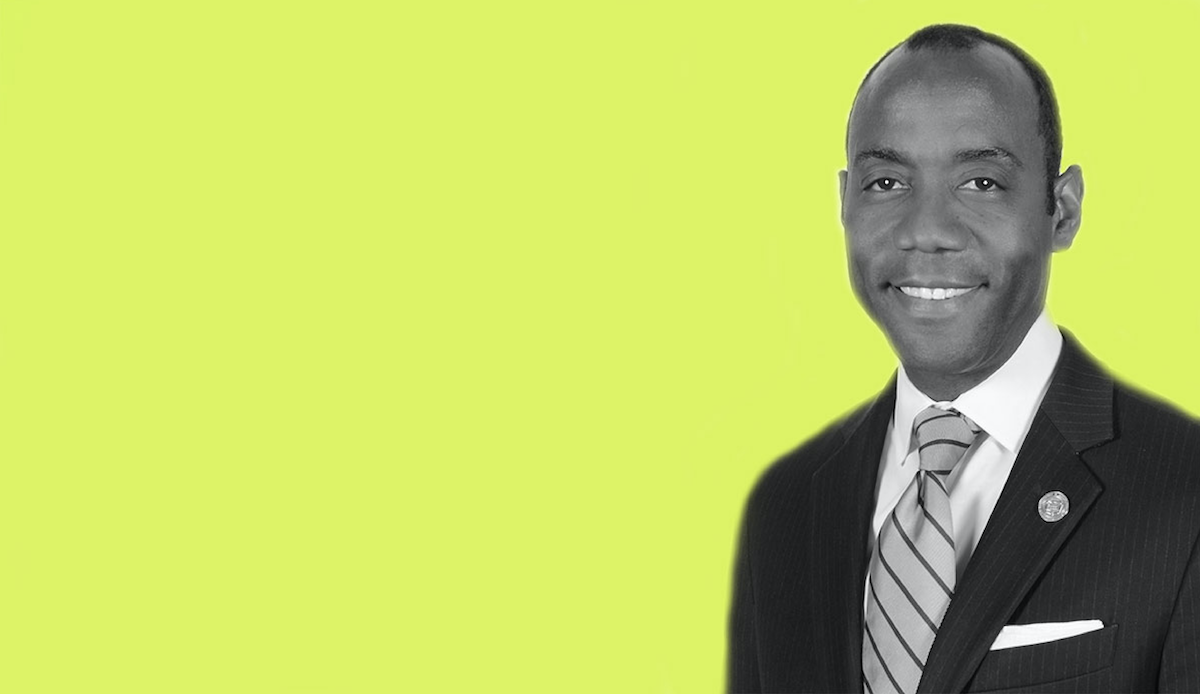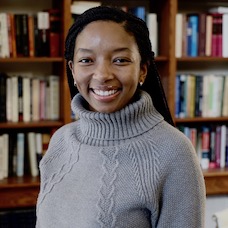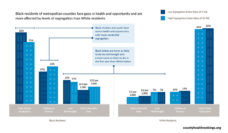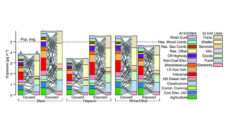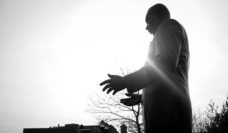Public Health Post: You have had a long and distinguished career in activism. What has been your most difficult work?
Cornell William Brooks: Every chapter in my social justice biography has been about challenge, but here are two. The work I did for the NAACP advocating for criminal justice reform involving gangs and re-entry in New Jersey was an incredibly challenging experience. This advocacy for bail reform and banning the box led to reducing the juvenile incarceration rate in Newark by over 70% and prompting the largest decrease in incarceration in any state in the country. Second, in the wake of Shelby vs. Holder when the Supreme Court gutted the Voting Rights Act, I went to the NAACP and said, “We cannot go to Selma and commemorate the voting rights struggles of the past, when the voting struggles yet continue. We need to be engaged in protests and demonstrations today.” We proposed a march from Selma, Alabama to Washington D.C. to oppose voter suppression. A veteran in his 70s from the Vietnam War by the name of Middle Passage walked beside me carrying the American flag. After nearly 800 miles, near Spotsylvania, Virginia, Middle Passage collapsed right next to me. The hardest day at the NAACP was telling a group of students that Middle Passage did not make it—that he died. He had a heart attack.
PHP: 1619 is marked as the first landing of Africans to be sold into bondage in an English Atlantic colony, making this year, 2019, the 400th anniversary. How does the horrifying voyage to Virginia in 1619 and the gruesome brutality that followed impact social justice and public health inequities we see today?
It has everything to do with the world in which we live today. The architecture of exclusion that is represented in mass incarceration is directed on the ground on which slaves toiled. In the context of housing, it was slavery, the slave codes, and the black codes which ensnared people in neo-slavery and fed the convict leasing system. In terms of health care inequities, if you look at the diet of many African Americans, they reflect foods that we had access to, that we turned into delicacies, which are not always good for our health. We see it in the provision and prescription of pain medication for Black people where you can have people with the same self-reported levels of pain receiving very different pain medication because healthcare professionals might think Black people can take more pain. We also see it in the context of Black children where girls are perceived as being older, more sexually mature. Black boys are perceived as being older and more mature than they are, therefore, morally culpable, therefore more likely candidates for the juvenile justice system. Stereotype and stigma render Black people as second-class patients in that they literally get poorer, less responsive, less accountable care. The point being here is, slavery is not a matter of long ago past, but part of the present.
What are some of the ways that you’ve worked to address these challenges?
I teach students and lead a civil rights social justice clinic, and we teach our students to use a range of tools: litigation, direct action, civil disobedience, moral framing, economic pressure (boycotts). In my work, I try to use a variety of tools. As a litigator doing criminal justice reform in New Jersey, one of the things we pushed for and passed—this was before Obamacare—was that everyone leaving the prisons in New Jersey be given a digitized copy of their medical records and that they be connected to Medicaid upon leaving the prisons. As an advocate, I have tried to go to court to protect people’s rights, sometimes getting arrested, in terms of civil disobedience. As a minister, preaching against injustice. As a lawyer, filing suit against injustice. As an activist, protesting, marching, getting arrested, standing against injustice.
In the 1960s, the NAACP and the National Medical Association were both very active in fighting for the authorization of Medicare and Medicaid. Do you believe that the fight for health care is rooted in the fight for civil rights?
Most definitely. We think about it this way: the most essential and first right, if you will, is the right to life. I do not mean that in an abortion sense, but literally when a child comes into the world, their first struggle is a struggle for breath, to really inhale life. As a civil rights lawyer, the first thing we have to think about is insuring the health and wellbeing of people. The struggle for health care is, at its core, a civil rights struggle. It is a human rights struggle. When we think about the fact that, literally, you can go from one block to another, one zip code to another in any given city, and people live five, six, seven, 10 years more in one zip code than another, that is a civil rights issue, and it is a health care issue.
This conversation was lightly edited for brevity and clarity.
Photo courtesy of Cornell William Brooks









